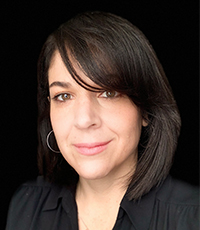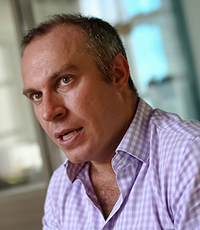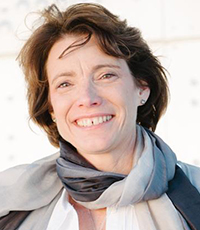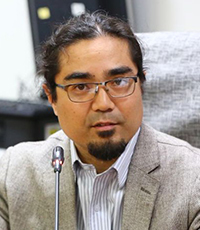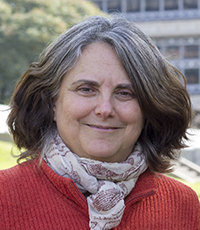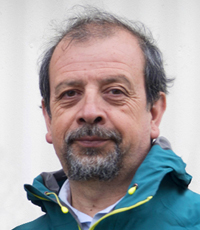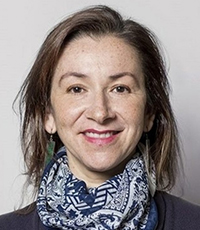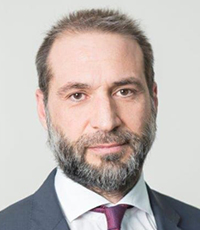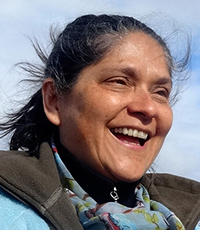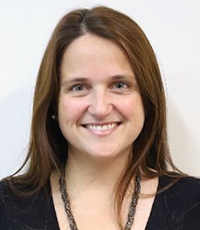This group of scientists and professionals brings a direction to our team of principal researchers from each of the lines of work and also promotes collaboration between (CR)2 and other centers around the world. These advisors take part in the annual meetings, are involved with the student activities and with any other relevant actors.
- Mónica Araya, Climate Champions Team COP26, Costa Rica.
- François Gemenne, Université de Liège, Belgium.
- Karen O’Brien, University of Oslo, Norway.
- Alexandra D. Syphard, Chief scientist, Vertus Wildfire Insurance Services, United States.
- Ken Takahashi, Executive President of the National Service of Meteorology and Hydrology of Peru.
- Carolina Vera, Ministry of Science, Technology, and Innovation of Argentina.
-


